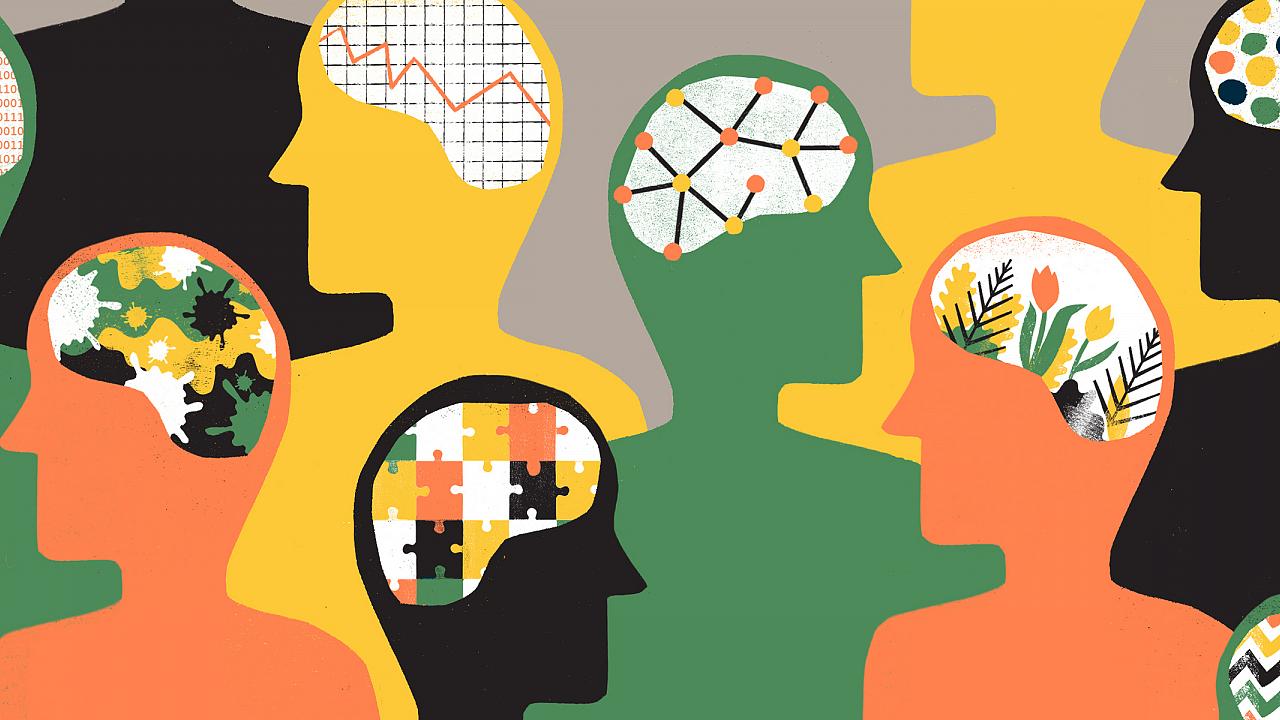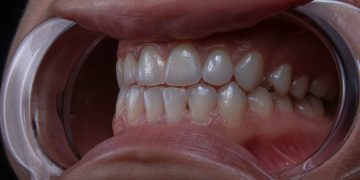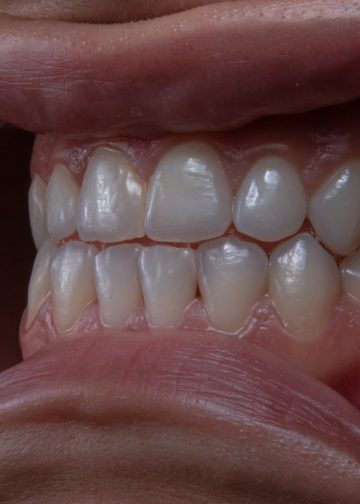Everyone thinks personality is unchanging. To be more exact, your personality is a combination of your personal traits that shape your thinking, ideology, behavior, and speech pattern.
As we grow, our personality gets more defined. The characteristics that we have inhabited since our childhood are the ones we picked up from our surroundings. We become a mirror of our faith, influences, and traits. A personality test between two similar or different age groups will have varying results. some will show similarities but at a specific point, differences will be too prominent.
Our habits and lifestyle shape us into who we are. Contrary to popular belief, personality is ever-changing. You cannot claim to be the same person as you were a year, a month, or even a day ago. So this brings up the main question:

Personality: Permanent or Temporary?
Sigmund Freud, an Austrian neurologist and founder of psychoanalysis, had intriguing theories about the human mind.
He argued that personality is formed through conflicts among three fundamental structures of the human mind:
- Identification
- Ego
- Superego.
Many later disputed his theory, stating that it was based on just objective observations. One thing he was absolutely right about was
‘Events in our childhood have a great influence on our adult lives, shaping our personality.’
But the question remains whether your personality is permanent or not?
Recent studies have suggested that personality is changeable along with our habits. Humans adapt, tend to get addicted to something, and then later in the years leave that addiction.
People go sugar-free for their whole lives, even when they used to indulge in sweets beforehand. Nothing is permanent in our life. Your interests, values, ideas, and beliefs change over time. And so, does your personality.
We shape our personality with unconscious and conscious efforts. As we age, and time passes, we realize the weight of our decisions. We realize what’s good and bad for us. We mature into ourselves. This greatly shapes you inside and outside.
Your mind then perceives things in a new way, because you get a better understanding of things than before. Then how can we say we are the same person we were ten years ago?
Factors affecting the change in personality
Again, time is of consequence here. How does our personality change? Is it our age, our genetics, our upbringing, our peers, or our environment? Today people believe that all the above-mentioned traits affect us on a basic level.
For instance, we are more laid back and friendly among our family and friends, we might laugh a lot as well. But in a stressful work environment, we might be harsher and more prone to be short-tempered or quick to anger.
Our environment brings a whole other side of us on the surface.
“Personality is the very intention of the evolution of life, and the human personality is just one mode in which this intention is realized.

-
Personality Maturation
Psychologists call the process of change that occurs as we age “personality maturation”. It’s a gradual process that starts from our teenage hood and lasts till the day we die.
So, if we think about it, does this continual change make the concept of personality meaningless? That’s simply not true. Our personality has average changes and relative changes.
The change that occurs is always gradual. In rare instances, the change in personality can be sudden.
“There is a core of who we are in the sense that we do maintain our rankings relative to other people to some extent,” says Damian, a social psychologist at the University of Houston, “But relative to ourselves, our personalities are not set in stone – we can change.”
Over time we become more amiable, adaptable, agreeable, and less neurotic – or a complete opposite. Such changes are dependent on the life choices we make.
Personality maturation is universal. Some think that our personalities are forged by social pressure and genetics while some argue that personality changes occur due to evolution.
When we take responsibility our personality changes. When we make the transition from a student to a professional worker, it again changes. This change, helps us cope with our lives, the challenges we have to face.
-
Phasing from one change to another
Our genes have dominant traits and recessive traits. In the same way, some broad traits are more refined in our personality. But some underlying traits cause real change.
Our beliefs and ideas shape us and they re-shape over time. It is challenging to change one’s beliefs, but once it happens, it is expressed in your personality as well.
Your emotions make up a lot of who you are as a person. As we grow and age, we have a much smarter hold on our thinking and emotions. This forges a different connection with the people we interact with. And this connection in return makes a subtle dent in our behaviors; hence the change occurs.

Sometimes resistance to accepting change holds us back. It minimizes our opportunities and lessens the efficacy of the effort by which we face a challenge.
You cannot become an extrovert overnight nor can you phase back into being an introvert with the snap of a finger. It takes time and patience. As well as a determination on our part.
“Preserve the personality bits which make you stand out from the crowd! At one point in the future, your uniqueness will have the chance to shine and the world will become your creative playground!”
What can we do to change?
Change is an inevitable part of life. so instead of resisting it, the smart thing to do is to;
- Be more determined
- Have an open mind
- Be open to change in our beliefs and ideas
- Focus on the task ahead
- Change your habits
- Think positively
- Take change as a part of your life
Personality change is not easy to overcome. So, we have to have a very strong self-belief system to even consider that we have changed. But making an extra effort will be show itself.
Humans are capable of changing; the way they think and feel. So, what’s stopping us from making a change in our personality other than ourselves?




















